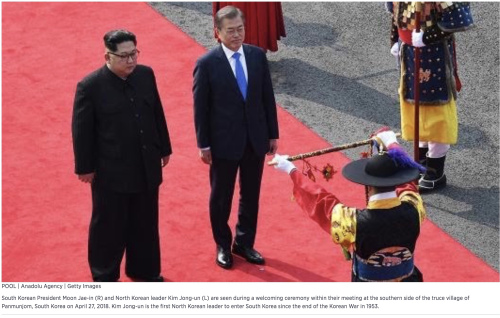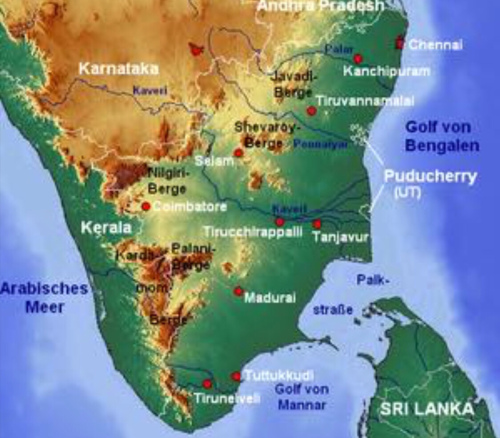It is a day make us to think of falling of Berlin Wall , Unity of Vietnam . Now the brothers and sisters meet across the dinner table. Congratulations 
Monthly Archives: April 2018
Great day for Humanity on the unity of Korea
Filed under Human Rights
Parliamentarians to follow UN Convention on Fresh water & correct Supreme Court . China boldly opposed the convention where is India ( abstained)
Cauvery water dispute and implementation of International Law
The Potential conflicts over trans boundary waters are to the tune of 300 major rivers basin covering about 50% of the total land area of the Earth. India is also facing many such water conflicts with the neighbour hood countries. Some are solved by bilateral treaty and and some more on Tribunal awards while some other are hotspot of diplomacy . Within India many disputes are settled by negotiations between states while dozens are resolved by formation a of Water sharing mechanism under Inter state water disputes Act and water Boards Act.
The international Law on the issue of fresh water, drainage basins, ground water and Non-Navigational Uses of International Watercourses proposed by the International Law Commission are evolving from the Helsinki Rules through International conventions , attempt of International Law Association for Campione Consolidation on the basis of customary international law travelled a long distance and brought out broader aspect of issues in Berlin rules (2004).
Berlin rule Article 1 says
“1. These Rules express international law applicable to the management of the waters of international drainage basins and applicable to all waters, as appropriate.
2. Nothing in these Rules affects rights or obligations created by treaty or special custom.
Article 2 further says
Implementation of These Rules
1. States shall, where appropriate, enact laws and regulations to accomplish the purposes set forth in these Rules and shall adopt efficient and adequate administrative measures, including management plans, and judicial procedures for the enforcement of these laws and regulations.”
Fortunately the Cauvery water Disputes Tribunal (2007) in its award extensively relied on different aspects of the international principle of fair and equitable distribution of water to various stake holders with the obligation of not to cause significant harm, developed from Helsinki rule(1966) leading to Berlin rule (2004). The Supreme Court of India in its famous and land mark judgment (2018) relied on the Tribunal finding but deviated on the “ ground water” issues which are even now a matter of many countries concern and hesitation of fully subscribe to UN General Assembly The Convention on the Law of Non-Navigational Uses of International Watercourses, commonly referred to as the UN Watercourses Convention, is an international treaty, adopted by the United Nations on 21 May 1997, pertaining to the uses and conservation of all waters that cross international boundaries, including both surface and groundwater. “Mindful of increasing demands for water and the impact of human behaviour”, the UN drafted the document to help conserve and manage water resources for present and future generations. From the time of its drafting, the Convention took more than 17 years to enter into force on 17 August 2014 with signing of Vietnam to fulfil the need for minimum 36 signatories . Let us hope the Supreme Court land mark judgement on Cauvery water disputes case rectify in its future Judgments in other cases to further expand and apply the international Law as and when it evolves with majority of acceptance by the Countries. It is the duty of Indian Parliament to correct the error of Supreme Court’s interpretation of international UN Convention On water sources and Helsinki to Berlin rule. It is also the Prime Minister to direct the executive to correct as party to International convention since India abstained while China boldly opposed it .
Filed under Human Rights
